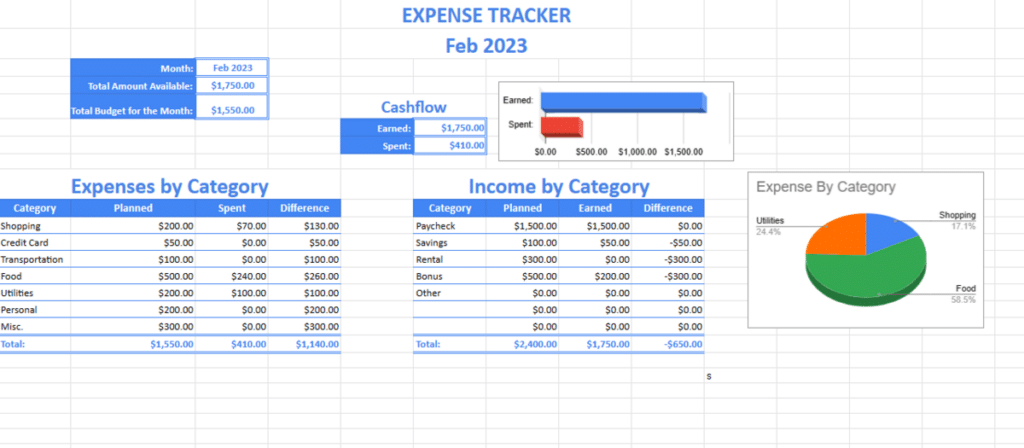The Pentagon has launched a sprawling anti-narcotics operation across Latin America and the Caribbean, but with no clear price tag or line item, it is the kind of expense any household spreadsheet would flag immediately.
The US Defense Secretary Pete Hegseth, on X, announced Operation Southern Spear on Thursday, a military campaign led by the US Southern Command to target what the administration calls “narco-terrorists” across the Western Hemisphere. This seems to follow a Navy press release dated about ten months ago, announcing an operation of the same name.
The operation encompasses 31 countries in South and Central America and the Caribbean. Hegseth framed the initiative as a defensive measure, stating, “The Western Hemisphere is America’s neighborhood, and we will protect it.” The announcement comes as the Trump administration has already conducted 20 military strikes on boats in the Caribbean and Pacific in recent weeks, resulting in at least six deaths.
We evaluated the initial public response. Observers online expressed mixed reactions, with many questioning the government’s motives behind the escalation. Commenters have voiced skepticism about the “war on drugs” framing, with some suggesting the operation serves purposes beyond drug interdiction. Sarcasm and dark humor have peppered discussions, with some noting the timing of the announcement amid other controversial policy announcements. The community sentiment reflects broader doubts about whether military intervention represents an effective or appropriate response to trafficking.
For some Americans, another major question is cost. How would one calculate the financial impact for American taxpayers? The answer centers on operating costs, including personnel, equipment, transport, logistics, and trailing costs like maintenance or replacement of military equipment. There is no price tag associated with these ongoing operations, so we are not able to assemble an accurate spreadsheet like we would with a regular expense tracker spreadsheet.
If the Western Hemisphere is “America’s neighborhood,” as Hegseth puts it, then the United States is effectively treating Operation Southern Spear as a household security expense. In any normal household budget, a recurring charge for “security,” with no stated amount, no contract, and no end date, would light up every spreadsheet rule you could write. A family that saw an automatic monthly deduction labeled only as “operations” would sort, filter, and drill into the numbers.
They would want to know who is getting paid, for what, and for how long. Taxpayers are being told they live in this neighborhood, but they are not being given the ledger.

From a basic accounting perspective, you cannot cost this operation without data the government has not provided. To estimate even a rough total for a budget spreadsheet, you would need the number of sorties flown, hours at sea for each ship, the size and deployment length of every unit involved, the volume and type of munitions used, and the added logistics burden for fuel, spare parts, and maintenance.
You would also need to know whether these are incremental costs on top of existing missions, or whether other activities are being cut back to make room. That information is not readily available in public descriptions of this miltary operation, and when officials insist that the military is “already deployed” or that these actions are “within existing budgets,” they are leaning on a concept that would never fly in a household spreadsheet.
Owning a car does not make gas, insurance, and wear and tear free. The fact that a carrier group already exists does not mean additional steaming days, flight hours, and combat operations come at zero cost.
In budget terms, operations consume the useful life of ships and aircraft, pull personnel away from training and other missions, and create future bills for repairs and replacements. A realistic expense tracker would allocate those costs to the operation itself, not bury them in a generic defense line.
In theory, Congress is supposed to function as the skeptical spouse who asks to see the receipts. Appropriations and authorizations are meant to force explicit debates over how much a given operation will cost and what the country gets in return.
In practice, when a mission is folded into broad drug war authorities or legacy counterterrorism justifications, there may be no clean line item called “Operation Southern Spear” for lawmakers or the public to inspect. A motivated citizen can still try to piece together fragments from budget books, oversight reports, and proxy metrics, but that work happens around the edges of a system that keeps the true totals obscured. The result is a category of war spending that is real in the world, but fuzzy in the books.